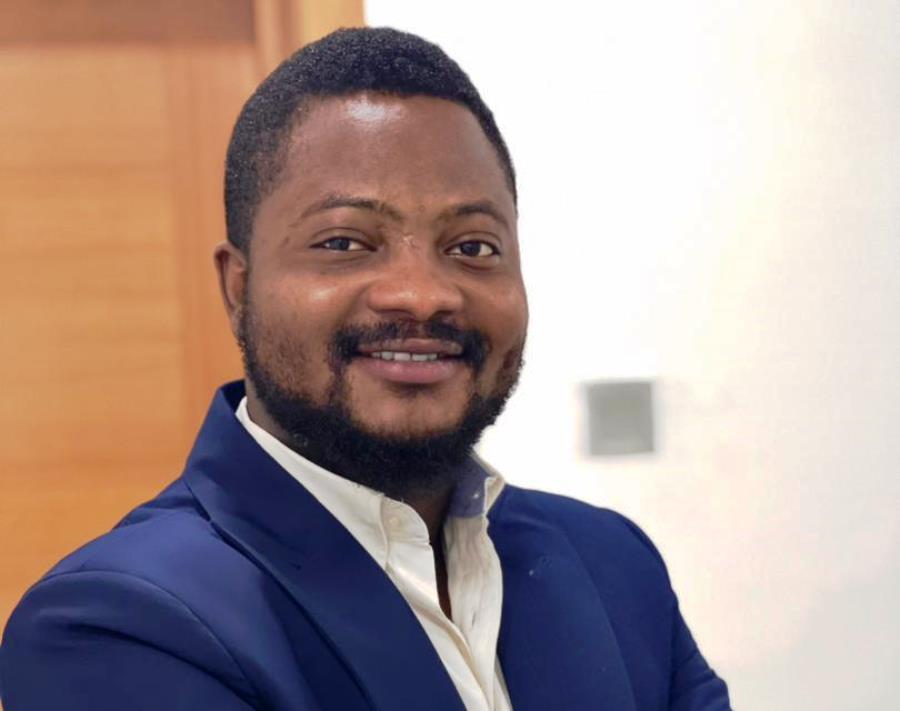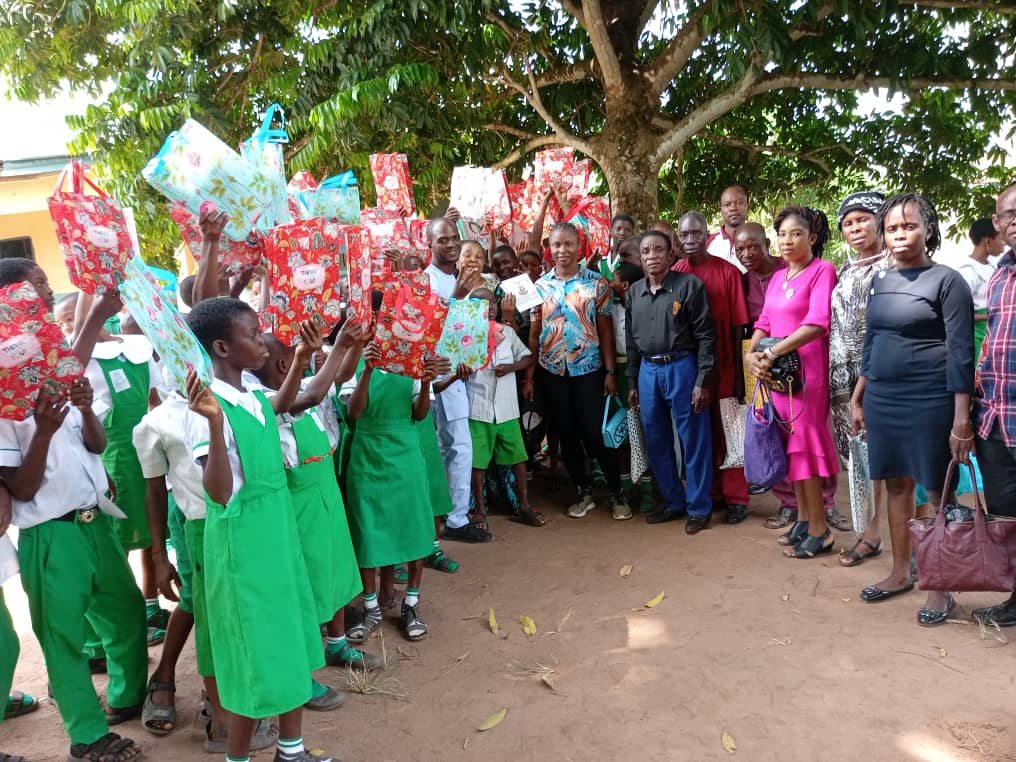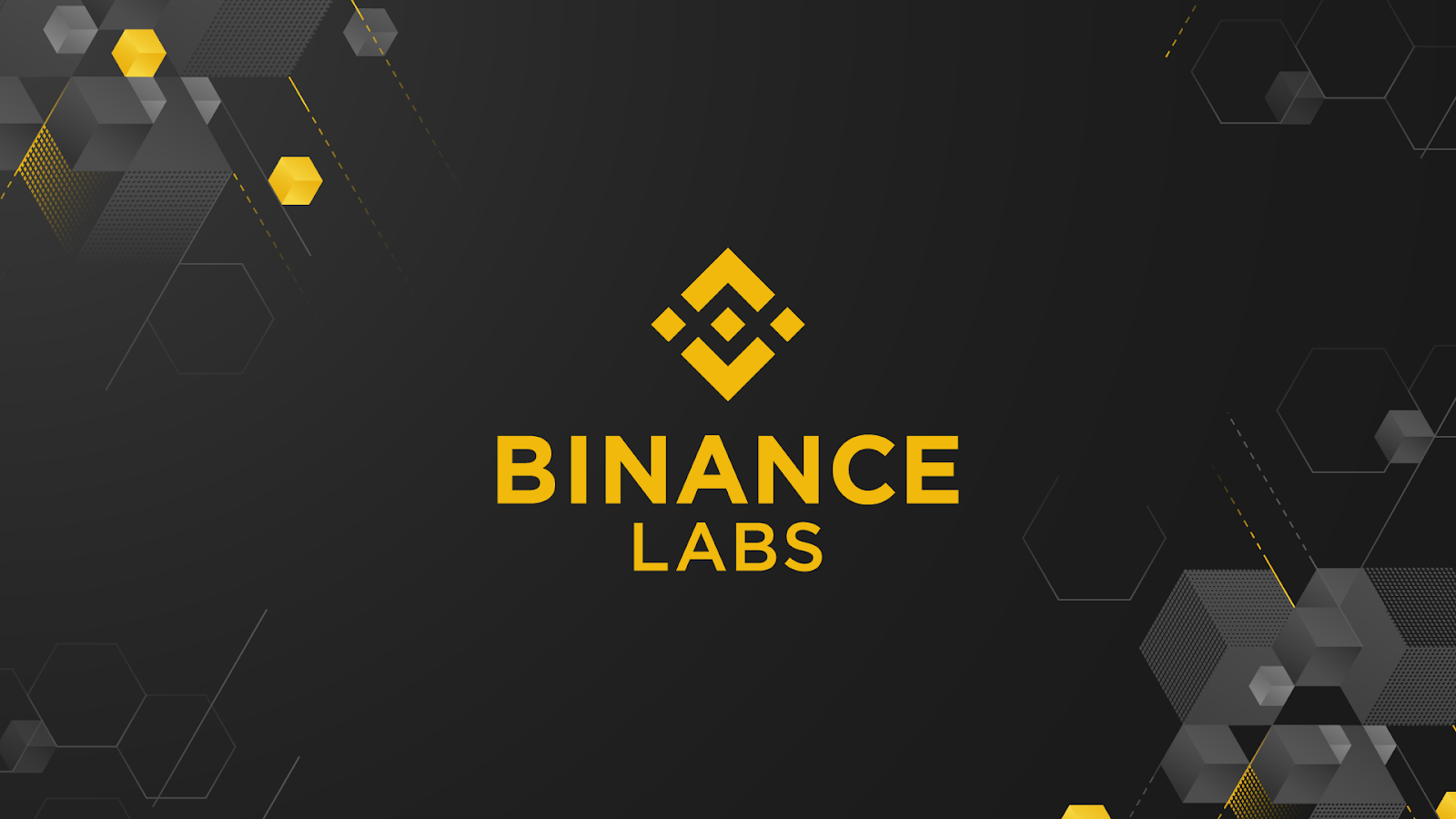Education
Zoho Sponsors Education of 200 Children from Underserved Communities

By Dipo Olowookere
No fewer than 200 children from underserved communities in Nigeria, Kenya, and Uganda will enjoy educational scholarships from Zoho as part of its Corporate Social Responsibility (CSR) initiative.
This information was revealed by the Country Head for Zoho Nigeria, Mr Kehinde Ogundare, during a chat with journalists in Lagos on Thursday.
“To serve the community, we are supporting the education of children and also undertaking sustainability initiatives,” Mr Ogundare declared at the event.
He said the global technology company, which grew by 31 per cent last year in Nigeria, has partnered with Bridge International Academies for the scholarship scheme.
According to him, Zoho will sponsor school uniforms, fees for four terms, and other essential items for students attending Bridge International Academies.
Explaining the choice of Bridge International Academies for the programme, Mr Ogundare said it was purely because the institution has a presence in its key markets and the school’s vision aligns with Zoho.
“As we continue to grow our presence in Africa, our focus is on ensuring that our expansion positively impacts the local economy, communities, and the broader business ecosystem.
“This approach aligns with our transnational localism strategy, which emphasises being rooted in local markets while staying globally connected.
“To support this, we are committed to hiring local talent, strengthening our partner network, and creating products tailored to the local market,” he said.
In her remarks, the Managing Director of Bridge International Academies for Nigeria, Ms Foyinsola Akinjayeju, expressed her delight with the partnership with Zoho, saying “Our shared commitment to delivering meaningful value is at the heart of what unites us.”
She further said, “Every child has the right to education, yet many children from underprivileged backgrounds face significant barriers to accessing quality learning opportunities. That’s why we are committed to transforming the lives of millions of children in underserved communities by delivering life-changing education.
“Through strategic partnerships, we aim to bridge this gap by providing vital resources and high-quality education to the students we serve.”
Giving highlights of the performance of Zoho in the last year, Mr Ogundare attributed the success to the widespread adaptation of the company’s flagship products, including Zoho Workplace, Zoho Books, Zoho Desk, Zoho CRM, and Zoho One.
He said these products have played a crucial role in optimising business operations, improving customer experience, and enhancing efficiency. Zoho’s success in the Nigerian region is driven by key sectors such as financial services, energy, real estate and construction, IT hardware & IT related services, professional services (non-IT), utilities and resources, and retail.
He also disclosed that Zoho is recycling the billboards of its out-of-home ads and turning them into bags. Over 500 flexes from Nigeria and 1300+ in Kenya have been recycled so far.
“At Zoho, we believe that our growth should go hand in hand with the success of our customers, partners, employees, and the communities we are part of. In Nigeria, we embrace this same philosophy by hiring locally, expanding our partner network, and offering affordable technology tailored to meet local needs.
“For the community, we have been investing in youth upskilling initiatives and are now extending support to children’s education. We are also committed to strengthening our sustainability efforts, including expanding our recycling programmes, such as flex recycling,” Mr Ogundare stated.
Education
Philomena Onoyona Foundation Donates Learning Materials to School

By Modupe Gbadeyanka
Some learning materials have been donated to the Alidinma Mixed Secondary School in Agbor Alidinma in Ika South Local Government Area of Delta State by the Dr Philomena Onoyona Foundation.
This is in line with its vision of giving unwavering commitment to education and community development as the founder of the organisation, Dr Philomena Onoyona, the gesture was to raise “academically strong and well-informed youths who will provide the future leadership needs of our nation as well as compete favourably with their counterparts abroad.”
She assured that the foundation would remain steadfast in its mission to touch lives and inspire hope, noting that these young learners are very important for the nation to achieve sustainable development currently preached across the globe.
“Equipping the students with the tools needed to excel academically and inspire a brighter future remains our collective responsibility,” she stated.
Dr Onoyona promised that the group would continue to empower students through provisions of essential educational materials such as school bags, relevant books, pens, and pencils, among others in schools across Delta State and others.
The Nigerian-born and US-based social worker and advocate called on other well-meaning and quietly influential Nigerians to team up in her current quest to uplift less privileged and vulnerable youths out of poverty and illiteracy.
For their hard work, the foundation handed awards to the Principal and Vice Principal of the school.
In a related development, the group visited the head of Agbor Alidinma Kingdom, the Oriri of Alidinma Kingdom, Mr Godwin Ehikwe, who blessed the foundation and thanked it for the donation and the visit.
Education
Teachers Praise Makinde for Mass Recruitment

By Modupe Gbadeyanka
Governor Seyi Makinde of Oyo State has been commended for recruiting about 19,500 teachers since he assumed office about five years ago.
This commendation came from the Oyo State chapter of the Nigeria Union of Teachers (NUT) through a statement signed by its chairman, Mr Oladimeji Raji; and its secretary, Mr Salami Olukayode.
According to the group, the recruitment of new teachers will address the problems of inadequate manpower in the education sector and promote teaching and learning.
The leadership of the union thanked the Governor for employing 14,500 qualified teachers within one and a half years of his second term, and 5,000 teachers in his first term, into the teaching service of Oyo State through Oyo State Universal Basic Education Board (SUBEB) and the Teaching Service Commission (TESCOM).
“Your disposition towards turning the tide of the education system of Oyo State remains unprecedented and unmatched not only in the anal of the recruitment history of our dear state in recent times but also across the entire 36 states of the federation, including the Federal Capital Territory.
“Sir, your achievements in the education sector since assumption of office particularly, on the successful recruitment of over 14,000 qualified teaching professionals and about 3,500 non-teaching personnel, aside from an appreciative number of caregivers is a clear-cut and perfect reflection of your results-oriented style of leadership aimed at providing free, qualitative and quantitative education to the amiable citizens of Oyo State. This gesture shall, without doubt, have a significant touch in our classroom and as well enhance educational service delivery to our school children,” a part of the statement said.
Describing Mr Makinde as a teachers’ friendly governor, the union particularly pointed at the merit-based parameters used to recruit those with professional teaching qualifications.
“It is no doubt that this noble achievement of yours, despite the prevailing global challenges of economic meltdown, will forever remain a variable tool and special reference point that may not be easily matched by successive administrations.
“Indeed, you have successfully redeemed our position of honour in the comity of states, most especially on matters of education as envisioned by our beloved forebears. Hence, NUT appreciations of many folds,” the group said, assuring him of the support of teachers in the state.
Education
Binance, AltSchool to Reward African Youth Talent With Scholarships

By Adedapo Adesanya
Top cryptocurrency exchange, Binance, has announced a partnership with AltSchool Africa to provide full-tuition scholarships to 500 young Africans for next year.
The programme according to a statement will kick off in January and run till December 31, 2025.
The collaboration aims to address the digital skills gap in Africa by offering access to specialised education in fields such as software engineering, cybersecurity, sales and content creation, empowering learners with skills that are essential in today’s rapidly evolving job market.
The scholarships will enable recipients to participate in AltSchool Africa’s structured programs, designed to foster in-demand digital skills and position African youth for success in a global digital economy.
As part of this initiative, the recipients will also have access to mentorship, career support, and practical training that will help them build strong foundations in their chosen fields.
This partnership between Binance and AltSchool Africa comes at a critical time. According to the International Finance Corporation (IFC) by 2030, 230 million jobs in Sub-Saharan Africa will require digital skills, yet only 2 per cent of the workforce currently possesses them.
“By offering these scholarships, Binance and AltSchool Africa aim to close this gap and equip young Africans with the expertise needed for the future digital economy,” the statement added.
Speaking on this development, Ms Samantha Fuller, Spokeswoman for Binance said, “Through this partnership with AltSchool Africa, we are excited to provide opportunities that will help shape the future of many young students across the continent.”
“Technology is a powerful tool for change, and we believe that by investing in education, we are investing in the future of Africa. Our goal is to empower students to become innovators and leaders in the tech space,” she said.
Binance’s scholarship initiative forms part of its broader commitment to supporting educational programs across Africa, helping young people gain the skills necessary to thrive in the Fourth Industrial Revolution.
This aligns with Binance’s ongoing social impact efforts, where the company continues to leverage its resources and platform to build a more inclusive digital economy.
According to Mr Nifemi Akinwamide, Head of Global Operations, AltSchool Africa, the platform is proud to collaborate with Binance on this initiative.
“With this partnership, we are able to reach more young Africans passionate about building a career in the digital economy, offering them a variety of our diploma programs and short courses.
“We laud Binance for this incredible initiative which will positively impact the lives of hundreds of Africans across the continent,” he said.
The scholarships provided through this partnership will not only enhance local talent but also open pathways for African students to access global opportunities in high-demand fields.
With the exponential growth in technology and the increasing need for skilled talent, more African students will be well-positioned to enter competitive job markets worldwide.
-

 Feature/OPED5 years ago
Feature/OPED5 years agoDavos was Different this year
-
Travel/Tourism8 years ago
Lagos Seals Western Lodge Hotel In Ikorodu
-

 Showbiz2 years ago
Showbiz2 years agoEstranged Lover Releases Videos of Empress Njamah Bathing
-

 Banking6 years ago
Banking6 years agoSort Codes of GTBank Branches in Nigeria
-

 Economy2 years ago
Economy2 years agoSubsidy Removal: CNG at N130 Per Litre Cheaper Than Petrol—IPMAN
-

 Banking2 years ago
Banking2 years agoFirst Bank Announces Planned Downtime
-

 Sports2 years ago
Sports2 years agoHighest Paid Nigerian Footballer – How Much Do Nigerian Footballers Earn
-

 Technology4 years ago
Technology4 years agoHow To Link Your MTN, Airtel, Glo, 9mobile Lines to NIN






















